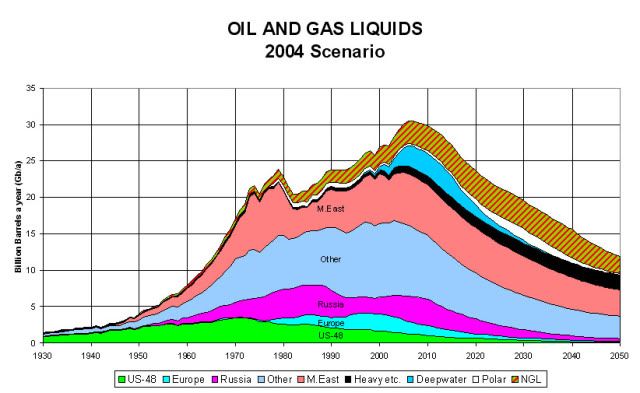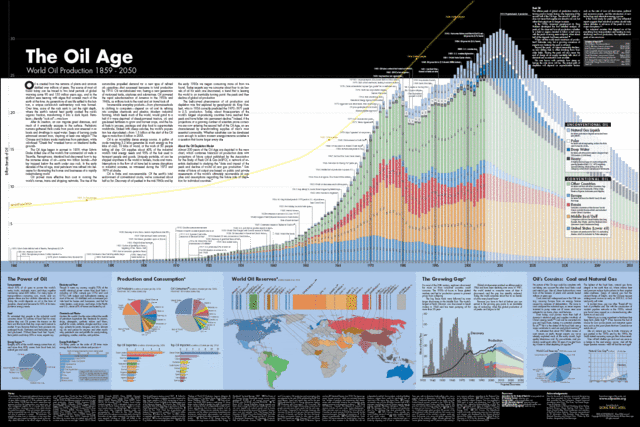Misifus,
Stimulating conversation on the cocktail circuit can, in the right instances, secure resources to accomplish projects, but it is not wise to conflate such conversational ability with the technical ability needed to make a definitive call on peak oil.
What would be interesting (on this thread) would be polite, ego-free when possible, informed discussion in English, German, or Spanishregarding energy and commodities and how they relate to war. Daniel Yergin writes interesting books and 10K's and 10Q's can be very interesting reads. Links provide an opportunity for others to follow a thought process and to delve more deeply into a topic than the SWJ format allows.
Incorrect assumptions regarding ones presumed 'abilities', 'superiority', and 'entitlement' are in large part what's wrong with America today. #SWJ is a rank free, free market of ideas that, in some ways, mirrors the forces of globalization...status quo is dead, problem solving is valued and rewarded.
#




 Reply With Quote
Reply With Quote








Bookmarks